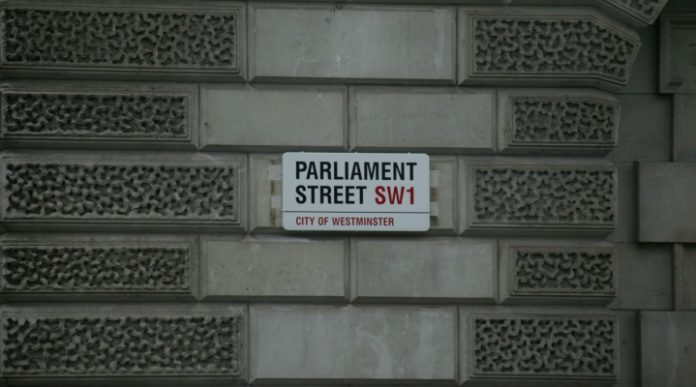The pound euro exchange rate seesawed between gains and losses on Tuesday. The rate hit a high of €1.1309 and low of €1.1263 for the pound, before finishing the day more or less flat. The exchange rate was helped by weaker demand for the euro and as pound traders looked towards the UK Autumn Budget today.
| What do these figures mean? |
|---|
|
When measuring the value of a pair of currencies, one set equals 1 unit and the other shows the current equivalent. As the market moves, the amount will vary from minute to minute. For example, it could be written: 1 GBP = 1.13990 EUR Here, £1 is equivalent to approximately €1.14. This specifically measures the pound’s worth against the euro. If the euro amount increases in this pairing, it’s positive for the pound. Or, if you were looking at it the other way around: 1 EUR = 0.87271 GBP In this example, €1 is equivalent to approximately £0.87. This measures the euro’s worth versus the British pound. If the sterling number gets larger, it’s good news for the euro. |
The pound continued to show encouraging signs of resilience in the previous session, clinging onto Monday’s gains, despite concerns growing over the UK deficit. UK public sector net borrowing increased to £7.4 billion in October, above the £6.6 billion that city analysts had forecasted and significantly higher than September’s downwardly revised £4.4 billion. The pound fell following the release.
| Why does poor economic data drag on a country’s currency? |
|---|
| Slowing economic indicators point to a slowing economy. Weak economies have weaker currencies because institutions look to reduce investments in countries where growth prospects are low and then transfer money to countries with higher growth prospects. These institutions sell out of their investment and the local currency, thus increasing supply of the currency and pushing down the money’s worth. So, when a country or region has poor economic news, the value of the currency tends to fall. |
Yet, despite October’s alarming figure, the deficit is actually the lowest since 2007. Normally this would mean that the UK Chancellor Philip Hammond would have more room to manoeuvre when he presents his Budget to parliament today. However, given that economic growth is forecasted to be slow, it could mean less tax revenue, which is why Philip Hammond could have a tough time balancing the books.
Simultaneously, pound investors remains optimistic that Philip Hammond will find a way to provide some help to the struggling UK consumer. This hope has prevented the pound falling heavily.
Euro Traders Continue Assessing Political Developments in Germany
The euro’s response to the breakdown of coalition talks in Germany, has been relatively calm and limited. The euro is trading only 0.3% lower against the pound since efforts towards constructive talks broke down during the weekend. Usually increased political risk causes a currency to drop and usually quite heavily.
| How does political risk have impact on a currency? |
|---|
| Political risk drags on the confidence of consumers and businesses alike, which means both corporations and regular households are then less inclined to spend money. The drop in spending, in turn, slows the economy. Foreign investors prefer to invest their money in politically stable countries as well as those with strong economies. Signs that a country is politically or economically less stable will result in foreign investors pulling their money out of the country. This means selling out of the local currency, which then increases its supply and, in turn, devalues the money. |
However, the euro’s muted response shows that investors are not expecting any large scale political crisis, nor a change in direction of German politics, as a result of Angela Merkel’s party, the Christian Democrat Union, failing to form a coalition. Investors don’t believe that Germany’s economic outlook will be affected by the collapse of government talks in Berlin. Strong economic fundamentals and growing global demand are supporting Germany’s economy, which is why the euro is remaining firm.
Yet while the euro remains reasonably calm for the time being, the political future of Germany is still an unknown. Angela Merkel has ruled out a minority government and recent polls suggest that any re-election would provide the same results. The President of Germany has called on all parties to reach a speedy resolution.
|
This article was initially published on TransferWise.com from the same author. The content at Currency Live is the sole opinion of the authors and in no way reflects the views of TransferWise Inc. |





